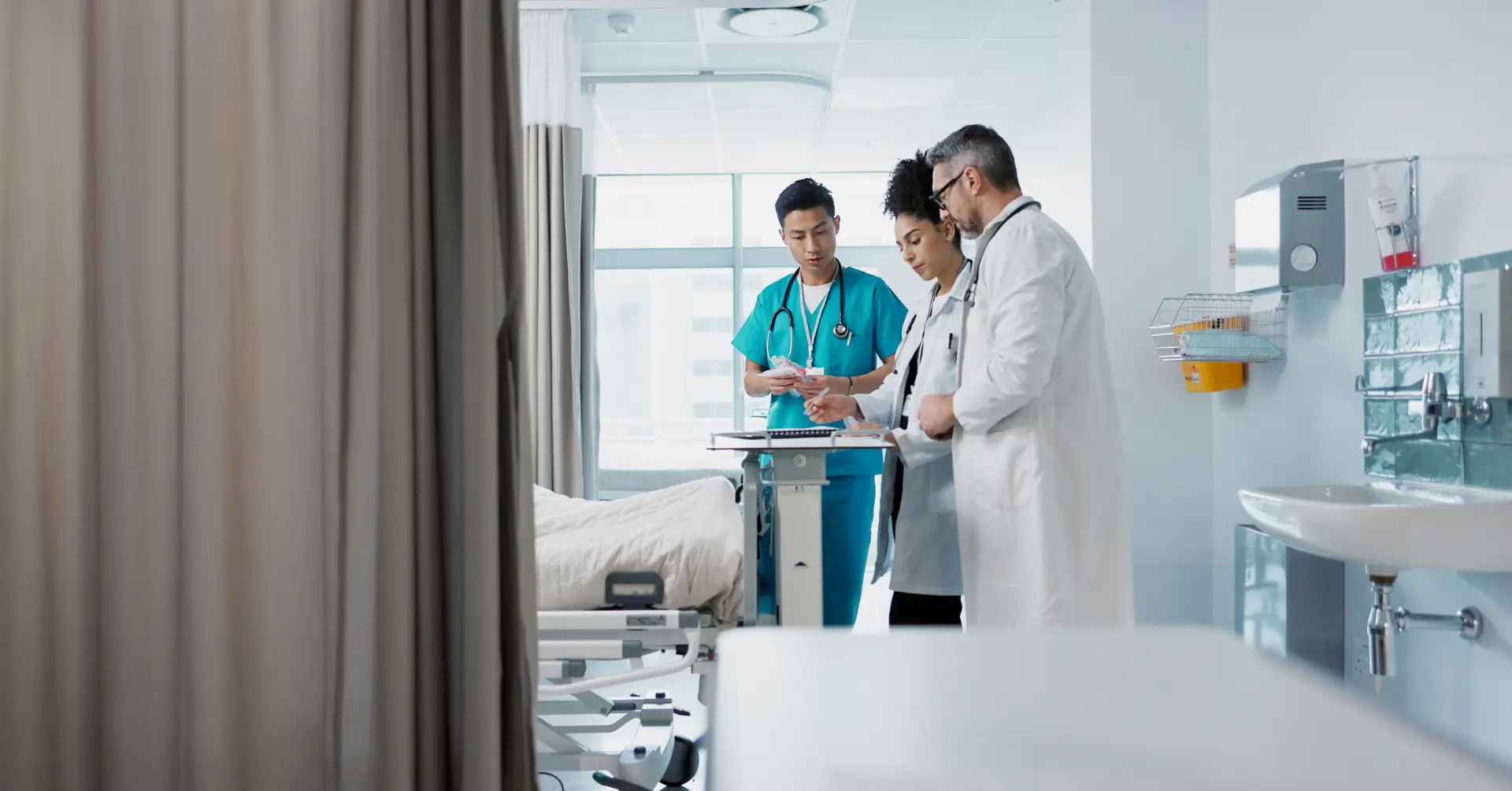Critical care has evolved over the last 20 years, resulting in significantly better survival rates for the sickest patients. However, just because patients have survived the ICU doesn’t mean they thrive afterward.
Millions of new survivors suffer from “Post-Intensive Care Syndrome” (PICS), a term used to describe patients who can’t resume their previous life due to changes in their cognitive, emotional, and physical capacities.
As ICU medicine has evolved, clinicians are looking at not only saving patients’ lives but also improving their quality of life, where possible. To that end, in 2013, the Society of Critical Care Medicine (SCCM) created the ICU Liberation campaign based on its Clinical Practice Guidelines for the Management of Pain, Agitation, and Delirium (PAD) in Adult Patients in the Intensive Care Unit in Critical Care Medicine.
The guidelines, updated in 2018 as the Prevention and Management of Pain, Agitation/Sedation, Delirium, Immobility, and Sleep Disruption in Adult Patients in the ICU (PADIS), provide a roadmap for developing “integrated, evidence-based, and patient-centered protocols.”
What Is ICU Liberation?
According to SCCM, ICU Liberation is an “evolved philosophy and practice of improving care by freeing patients from pain, over-sedation, delirium, mechanical ventilation, immobility, isolation, sleep disturbances, and ICU-acquired weakness, as well as post-discharge residual effects that can be life-altering for so many patients.” The initiative also aims to increase ICU patient and family involvement and encourages enhanced interprofessional team communications.
The primary goal of ICU Liberation is to generate a framework that is updated in real-time as new data emerges, adapts to individual and institutional preferences and needs, and is implemented globally. ICU Liberation wants to improve outcomes across the entire continuum of care and help patients heal. It uses the “ABCDEF Bundle” as a rounding checklist.
While the elements of this bundle are not new, putting them all together creates a more coordinated approach to patient care that has proven very successful, both in patient outcomes and for the hospital’s bottom line.
Bundle Overview
The ICU Liberation ABCEDF Bundle has demonstrated promise, showing substantial improvements in clinical outcomes, and consists of the following elements:
A: Assess, Prevent, and Manage Pain – This stage aims to get a better understanding of pain and develop methods for its effective evaluation, prevention, and management.
B: Both Spontaneous Awakening Trials (SATs) and Spontaneous Breathing Trials (SBTs) – This section evaluates each patient who passes the safety screenings for their capacity to have an interruption in their sedation and analgesic infusion and ability to be weaned of mechanical ventilation.
C: Choice of Analgesia and Sedation – The choice of sedation is critical to an ICU patient’s clinical outcome. This stage entails comprehending the significance of sedation levels and selecting the appropriate medicine.
D: Delirium: Assess, Prevent, and Manage – Understanding delirium risk factors and finding tools for assessment, treatment, and prevention is this step’s aim.
E: Early Mobility and Exercise – The ABCDEF Bundle includes early mobility. If physical dysfunction is not addressed, the consequences for critically ill patients can be severe and long-lasting, resulting in a considerable decline in functional status.
F: Family Engagement and Empowerment – Involving family members in patient care, goals of care, and interdisciplinary rounds can help aid recovery. No ICU treatment plan is complete without considering the family’s preferences, concerns, questions, and participation.
Tips for Bundle Implementation
Coordinating care for our sickest patients is a difficult task, but there are some ways to make it easier.
Innovative Implementation
Implementing the bundle care does not have to be costly, in fact, there are several solutions that cost little to nothing, but do require a willingness to change.
Patient care teams must work together to coordinate daily SATs and SBTs for mechanically ventilated patients. Hospitals can adjust resources to shift the timing of noncritical laboratory tests and examinations to decrease sleep disruption and institute routines dedicated to delirium intervention that help patients be awake and aware as much as possible during the day.
Focus on Early Mobility
With everyone on the same page – clinicians, nurses, and family members – a focus on mobility is easier to accomplish. Using a step-wise approach to increasing patient mobility from a family and nurse-driven methodology will allow better utilization of resources.
Measure Success
When looking at bundle performance, track each element separately to glean a more accurate view of success. This method makes it easier to see where the team is succeeding and to identify areas of improvement.
Through analyzing patterns, it is often possible to spot a particular shift or clinician that may need some targeted intervention.
Cultivate a Culture
Everything about the ABCDEF bundle necessitates a high level of communication and coordination across all members of the care team. With a teamwork mentality, patient, family, and provider satisfaction rates tend to increase due to a more positive environment all around.
ICU Liberation: From Benevolence to Beneficence
Dr. E. Wesley Ely, professor of medicine at the Vanderbilt University School of Medicine, stated in a National Institutes of Health article, The ABCDEF Bundle: Science and Philosophy of How ICU Liberation Benefits Patients and Families, that “the most productive aspect of the ICU Liberation philosophy for us as clinicians is that it shifts our focus away from monitors, beeps, and buzzers and toward human connection … SCCM’s ICU Liberation is about magnifying human dignity and helping to preserve self-worth in patients who during the course of critical illness feel threats to both.”
He stated that while physicians have attempted to be benevolent (wishing for good) to enhance the quality of life of critically sick patients, it is time for them to become beneficent (doing good). That, in a nutshell, is the role of ICU Liberation.
Ultimately, the ICU Liberation Bundle is one strategy for providing comprehensive patient care and optimizing resource use. Its implementation has resulted in more interactive ICU patients with improved pain management who may safely engage in higher-order physical and cognitive activities with their family and healthcare professionals during the early phases of their critical illness.
For those reasons, ICU health systems should make every effort to incorporate the ABCDEF Bundle for delirium awareness, monitoring, prevention, and treatment. Our patients’ health depends on it.





